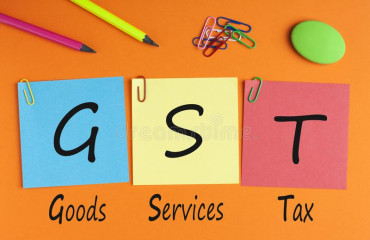
New Delhi: The National Restaurant Association of India (NRAI) has called for key reforms aimed at a comprehensive overhaul of the restaurant industry.
New Delhi: The National Restaurant Association of India (NRAI) has called for key reforms aimed at a comprehensive overhaul of the restaurant industry.
In a letter to finance minister Nirmala Sitharaman, in the run-up to the Union Budget, NRAI has proposed the reinstatement of input tax credit for Goods and Service Tax (GST). This significant change, the association argues, will level the playing field for restaurants currently operating at a 5% GST rate without the benefits of input tax credit. To balance this, the association has suggested increasing the GST rate to 12%, a move it believes will streamline compliance and enhance profitability, particularly for smaller enterprises.
"…While restaurants below a certain revenue threshold can continue with the current GST provisions, the organised sector with higher revenues and capex outlay may move towards the proposed GST regime," said Kabir Suri, president of the association and co-founder and director of Azure Hospitality Pvt Ltd, which runs the popular Mamagoto chain of restaurants.
Another key proposal from the NRAI is the setting up of a dedicated food services ministry or department. This step, according to the association, is justified by the industry's substantial contribution to the economy – approximately ₹4.23 trillion annually. Such a dedicated body would streamline the currently fragmented regulatory framework, simplifying compliance and fostering growth, it said.
The NRAI has also put forth a range of other demands. These include "industry status" for the sector to access easier financing and subsidies, the formulation of a balanced e-commerce policy to protect restaurants from unfair competition, and addressing operational challenges like the reduction of GST on commercial rentals and the simplification of licensing processes.
The association has advocated for extended business hours, which it believes will accelerate India's progress towards becoming a $5 trillion economy. It also called for targeted subsidy schemes and easier access to debt financing for SMEs, particularly in smaller towns and cities.
The NRAI also underscored the need for a reduction in GST on eco-friendly packaging materials, advocating for a shift away from higher-taxed materials like plastic. This move aligns with the government's environmental objectives and encourages sustainable practices within the industry.
